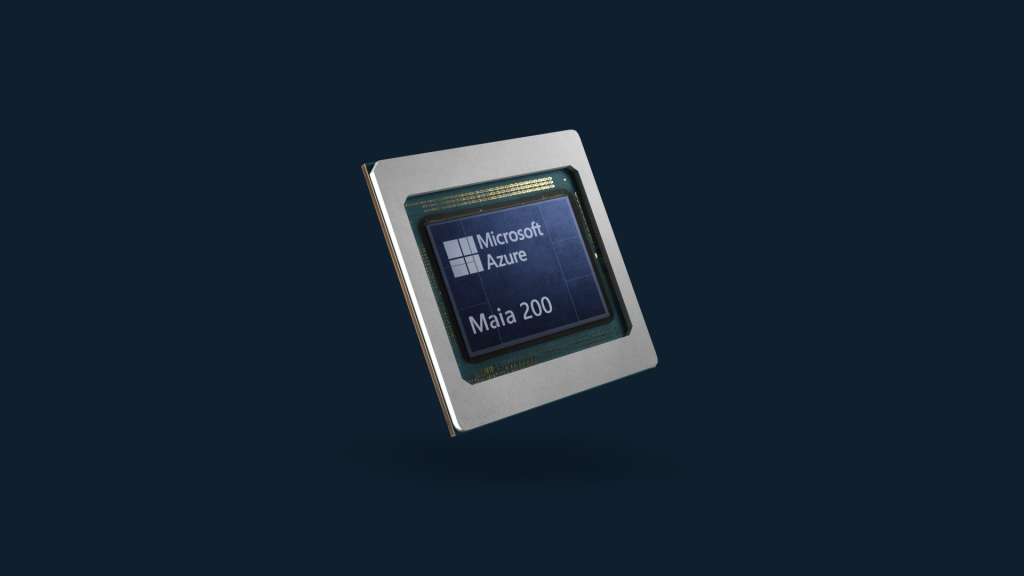The IFA consumer electronics to-do -- the largest annual gathering of its kind -- wound up on Sept. 9, and there was no shortage of announcements and product unveilings. As it relates to Microsoft (MSFT +2.19%), much was made of the introduction of a new hybrid from longtime partner Lenovo (LNVGY +1.96%) called the MIIX 700. Why? Because according to some industry pundits, the Surface Pro 3 clone with its lower price point spelled the end of Microsoft's growing hybrid sales.
For naysayers of that same anti-Surface ilk, the news from IFA got even "worse." Japan-based electronics giant Toshiba (TOSBF +0.00%) also entered the hybrid fray, unveiling its Surface Pro-like Satellite Radius 12, complete with Microsoft's "kickstand," which converts it from a tablet and gives it a more laptop feel. No word on price just yet, but Microsoft has clearly started something thanks to the early success of its Surface line-up, and now alternatives are sure to eat away at its market share. Or so say the pundits, anyway.
He said what?
One of the keynote presentations at IFA was courtesy of Nick Parker, a corporate vice president in Microsoft's original equipment manufacturing (OEM) division, which includes all things Windows 10. Parker's presentation was notable for several reasons, not the least of which was sharing that the Windows 10 roll-out has been an unmitigated success.
Already, "more than 75 million devices are running Windows 10, and customers in 192 countries are enjoying the new Windows 10 experiences," according to Parker. Not bad for less than two months of widespread download availability.
As impressive as the Windows 10 PC, smartphone, and tablet adoption has been, it was Parker's introduction of several new products from Microsoft's partners that should have resonated with attendees and industry folk. That Toshiba Satellite Radius 12 Surface competitor? It was Microsoft's Parker that gladly shared that new entry into the hybrid market. If that seems a bit odd -- Microsoft taking the wraps off a competitor's product; partner or not -- it shouldn't: It's all part of the plan.
The definition of "mobile-first"
What the folks predicting the end of the Surface Pro line-up thanks to this increased competition from Lenovo and Toshiba are missing is that both come loaded with Windows 10 as their respective operating systems. It seems there are still a lot of folks who misinterpret how Microsoft CEO Satya Nadella defines his "mobile-first" strategic imperative.
The same mistaken impression was bandied about following Microsoft's recently released fiscal 2015 Q4, in which it took a nearly $8.3 billion accounting hit from its hardware division. Those in the know immediately began to question if Microsoft would scrap its mobile manufacturing efforts altogether. The thing is, hardware is just one piece of Microsoft's mobile-first strategy: the more important aspect of Nadella's plan is to get Windows 10 into as many devices -- Microsoft-built or not -- as possible. That's why Parker unveiled the new Toshiba hybrid with a smile on his face.
Widespread adoption of Windows 10, regardless of manufacturer, plays right into Microsoft's hands. It's more than a coincidence that revenue from Microsoft's search engine Bing jumped 21% last quarter, and it garnered slightly over 20% of U.S. search traffic -- a level of popularity not seen for a long time.
The same can be said for the huge jump in Dynamics CRM users last quarter, not to mention the 6% pop in revenue. Consumers' adoption of Office 365 increased about 25% in fiscal Q4 compared to the prior year, and it now boasts over 15 million subscribers. Are all of those gains due to the success of the Surface sales results and the host of Microsoft partner devices with Windows OS? Not likely, but it almost certainly played a critical role, and it will make an even larger impact as more devices running Windows 10 hit the streets.
Competition was bound to increase following the nearly $1 billion in revenue Microsoft generated from Surface sales last quarter. And as long as the devices are running Windows 10, investors should welcome the latecomers with open arms.







